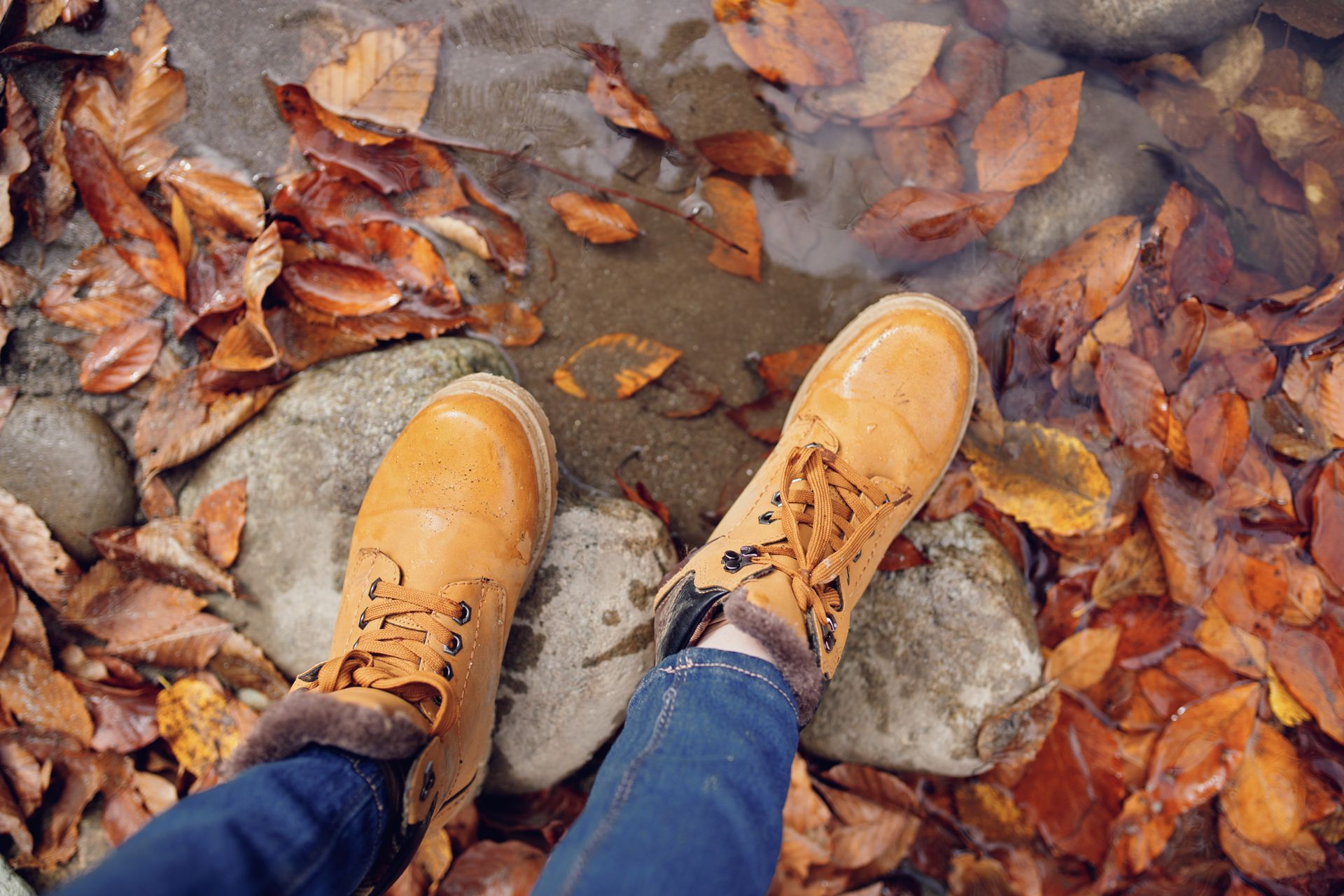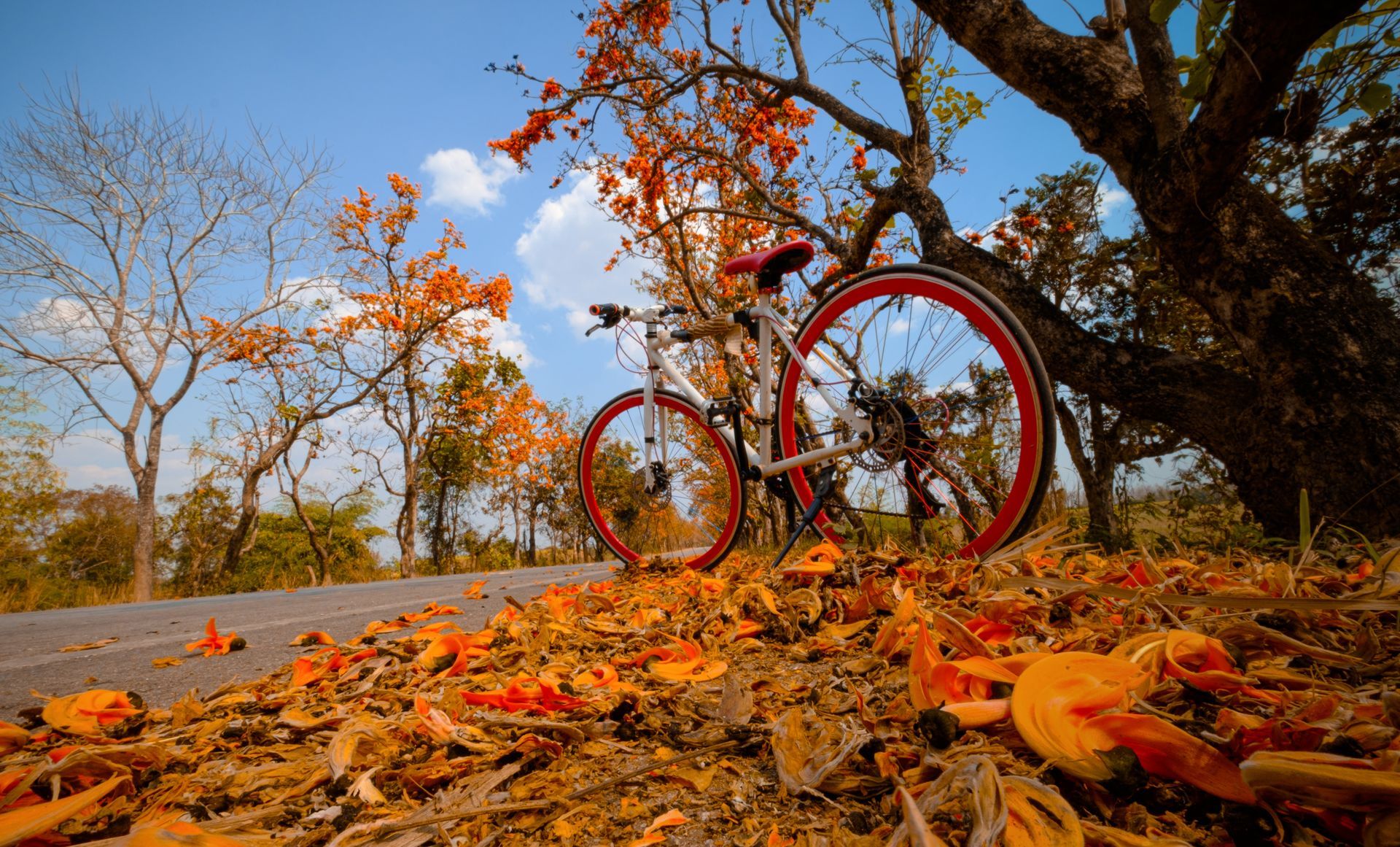Winter Wellness: How Cold Weather Affects Your Veins and What You Can Do
Winter is here, and with it comes a nip in the air, and lots of snow and cozy sweaters. But did you know that winter can also affect your veins and your vascular health?
As a parent, you may have a busy schedule and many responsibilities, such as taking care of your children, your work, and your household. You may also have to balance your children's after-school activities, such as sports, music, or art classes, with your own needs and priorities.
However, don't neglect your vein health and your vascular health, as they are essential for your well-being and your happiness. In this article, we will explain how cold weather impacts your veins and what you can do to keep them healthy and prevent complications.
Winter Wellness: How Cold Weather Affects Your Veins
As the winter chill settles in, we often find ourselves bundling up in layers to protect against the biting cold. While our focus is usually on keeping warm, it's essential not to overlook the impact that cold weather can have on our vein health.
The relationship between winter weather and vein health is more significant than we might realize. The cold temperatures can affect our circulation, potentially leading to issues like varicose veins. Understanding this connection empowers us to take proactive steps in caring for our veins during the winter months.
Cold weather can constrict blood vessels, making it more challenging for blood to flow efficiently. This constriction can aggravate existing vein conditions, such as varicose veins, where blood pools in the veins instead of circulating properly.
Individuals already prone to circulatory issues need to be particularly mindful during winter, as the combination of reduced circulation and colder temperatures can intensify symptoms.
Winter Vein Care: Tips to Ensure Healthy Cold Weather Circulation
While it's tempting to stay indoors where it's warm, maintaining an active lifestyle can be a simple yet effective strategy to promote healthy blood flow, preventing the onset or worsening of vein-related problems.
Winter vein care also involves adopting habits that prioritize your circulation, mitigating the impact of cold weather on your veins.
One key practice is staying hydrated. In the colder months, we often forget to drink enough water, but proper hydration is crucial for maintaining healthy blood flow.
Varicose Vein Treatment Tips
For those grappling with varicose veins, winter can exacerbate the challenges they face. The cold weather compounds the issue of impaired circulation, potentially intensifying symptoms like swelling and discomfort.
Individuals with varicose veins must be proactive in seeking vein treatment tips that align with the seasonal changes. Consulting with a healthcare professional can provide personalized advice, ranging from lifestyle adjustments to medical interventions tailored to address individual needs.
Conclusion
Winter can worsen vein problems as the cold causes your blood vessels to constrict and your blood pressure to rise. Cold weather can make it harder for your veins to pump blood back to your heart and increase the risk of blood clots.
Cold weather can contribute to poor vein health and circulation. If you have any signs or symptoms of vein problems, such as swelling, pain, cramping, itching, or discoloration in your legs or feet, don't ignore them. Consult your doctor or a vein specialist as soon as possible and get a proper diagnosis and treatment.
The VEIN Specialists can help you overcome vein disease and enjoy a healthy lifestyle. We are the only full time vein clinic in Bloomington, IL and Peru, IL offering state-of-the-art solutions for vein conditions. Schedule an appointment today or visit us online at www.ilveins.com .











